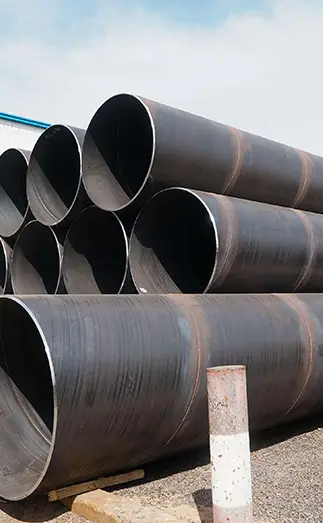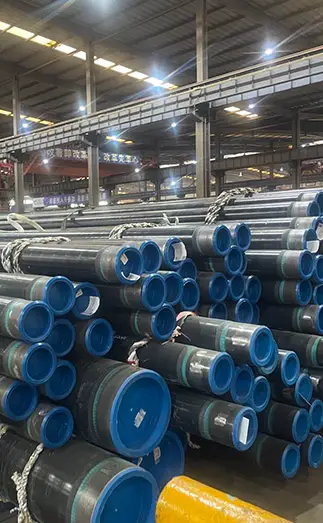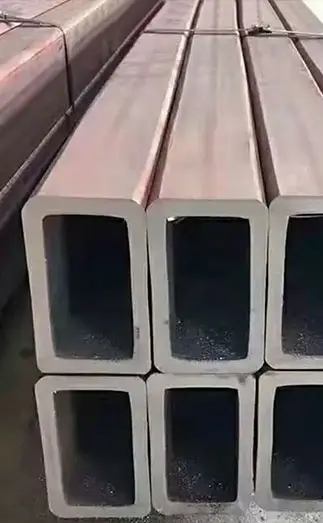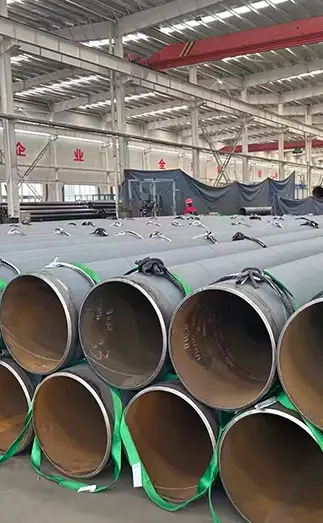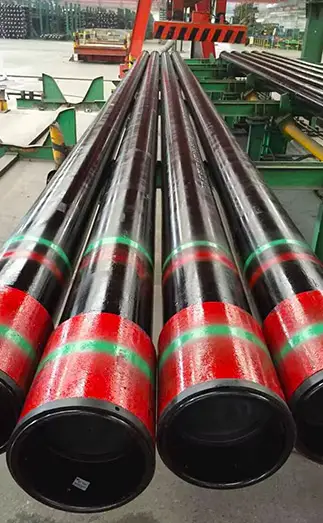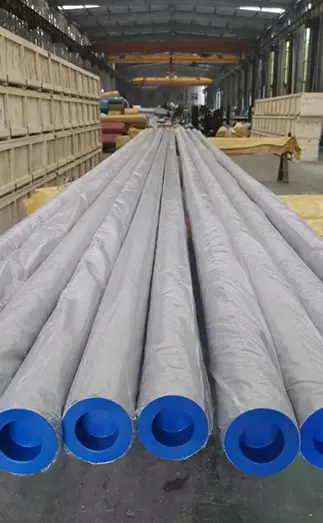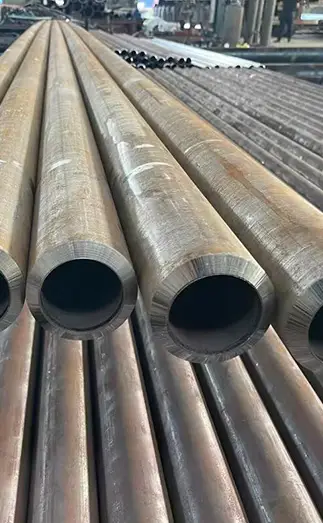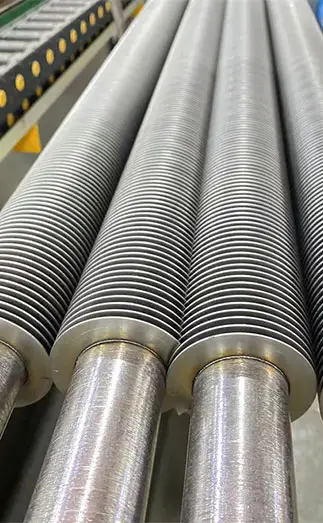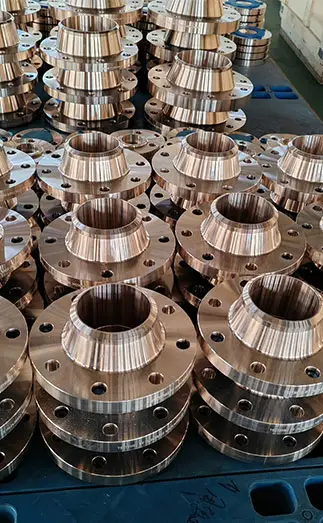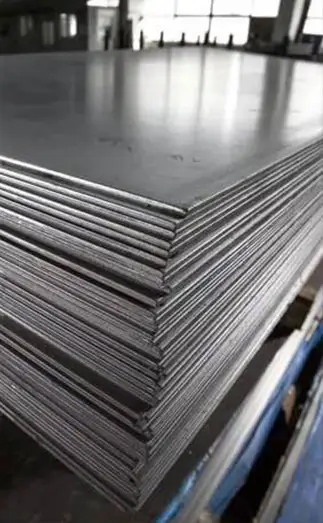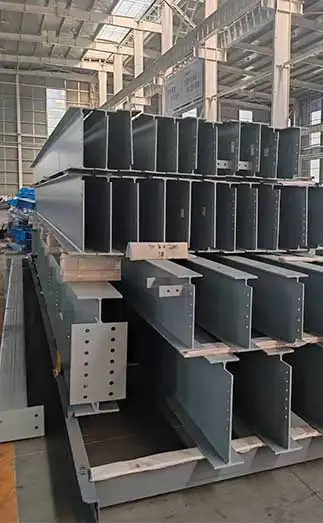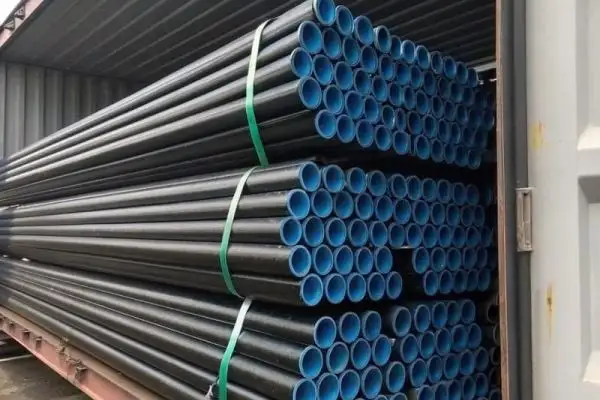Large-diameter welded steel pipes are essential components in many industries, especially for transporting fluids and gases over long distances. These pipes are manufactured to meet specific mechanical, physical, and chemical standards. Here are the key characteristics that define large-diameter welded steel pipes.
High Strength and Durability
Large-diameter welded steel pipes are designed to withstand high pressure, tensile forces, and harsh environmental conditions. They exhibit excellent strength and durability, ensuring reliable performance in applications such as oil and gas transportation, water distribution, and structural uses in construction.
Cost-Effective Production
The manufacturing process for large-diameter welded steel pipes is generally more cost-effective compared to seamless pipes. The welding process allows for the production of larger diameters without the need for large billets or complex processes, which can help reduce material and production costs.
Versatility in Material Grades
These pipes can be made from a wide range of steel grades, including carbon steel, alloy steel, and stainless steel, allowing them to be tailored to meet specific application requirements. The material choice influences properties like corrosion resistance, toughness, and weldability.
Variety of Wall Thicknesses
Large-diameter welded steel pipes come in various wall thicknesses to meet the demands of different pressure requirements and applications. Thicker walls provide greater strength and resistance to internal and external pressures, making them suitable for high-pressure fluid transmission.
Welded Seam Integrity
The weld seam is the most critical part of large-diameter welded steel pipes. Advanced welding techniques, such as submerged arc welding (SAW), are used to ensure the seam is strong, continuous, and free of defects. The welded seam must withstand both internal and external stresses without failure.
Customization for Specific Applications
Large-diameter welded steel pipes can be customized in terms of length, diameter, and coating based on the application requirements. For example, corrosion-resistant coatings can be applied for pipelines exposed to harsh environmental conditions, and pipes can be manufactured with specific bends or fittings for customized installations.
Excellent Transportability
Due to their relatively lighter weight compared to seamless pipes, large-diameter welded steel pipes are easier to transport over long distances, making them ideal for pipeline projects that span across cities, regions, or countries.
Superior Mechanical Properties
In addition to strength, large-diameter welded steel pipes exhibit excellent mechanical properties, such as good ductility, toughness, and resistance to impact. This makes them highly reliable under dynamic or seismic conditions, ensuring structural integrity in diverse environments.
High-Quality Surface Finish
The surface quality of large-diameter welded steel pipes is crucial for preventing corrosion and ensuring smooth fluid flow. These pipes often undergo processes such as sandblasting, coating, or galvanizing to improve surface finish and corrosion resistance, extending the service life of the pipes.
Compliance with Industry Standards
Large-diameter welded steel pipes must meet various industry standards and specifications, such as API (American Petroleum Institute) for oil and gas pipelines or ASTM (American Society for Testing and Materials) for steel pipes. These standards ensure the pipes' quality, safety, and performance in real-world conditions.
In summary, large-diameter welded steel pipes are versatile, cost-effective, and reliable, making them indispensable in sectors like energy, construction, and water management. Their ability to withstand high pressures, customizability, and variety of material grades ensure they can be used in a wide range of demanding applications.



 English
English Español
Español Français
Français بالعربية
بالعربية